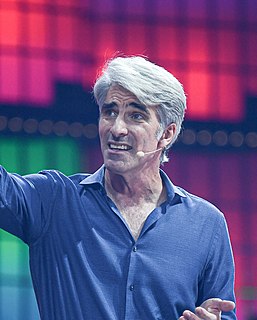A Quote by Lawrence Wright
When I'm writing about complicated subjects, it usually involves a world. It could be the world of Scientology or the world of Al Qaeda, or the world of counter-terrorism.I look for emblematic beasts of burden - what I call "donkeys" - who can carry the reader through this world. They serve a different purpose. Donkeys are not especially interesting or likeable, but they are serviceable. They will take you into this world. The distinction I'm trying to make is: It's not about them. It's about the world.
Related Quotes
I deeply regret to say that terrorism has become globalized: ' From New York to Mosul, from Damascus to Baghdad, from the Easternmost to the Westernmost parts of the world, from Al-Qaeda to Daesh'. The extremists of the world have found each other and have put out the call: 'extremists of the world unite'. But are we united against the extremists?
There's something about the idea of writing, and thinking about writing as a form of prayer - the way as a writer you call out into the world and throw your words into the world. You're not praying to a god, but you're almost conjuring a reader to arrive. That's what books do: they're an invitation to readers.
What do I know about God and the purpose of life? I know that this world exists. That I am placed in it like my eye in its visual field. That something about it is problematic, which we call its meaning. This meaning does not lie in it but outside of it. That life is the world. That my will penetrates the world. That my will is good or evil. Therefore that good and evil are somehow connected with the meaning of the world.The meaning of life, i.e. the meaning of the world, we can call God. And connect with this the comparison of God to a father.
Christian holiness consists not of trying as hard as we can to be good but of learning to live in the new world created by Easter, the new world we publicly entered in our baptism. There are many parts of the world we can't do anything about except pray. But there is one part of the world, one part of physical reality, that we can do something about, and that is the creature each of us call "myself.
Now I don't have to explain to the world about India's position. The world is unanimously appreciating India's position. And the world is seeing that Pakistan is finding it difficult to respond. If we had become an obstacle, then we would have had to explain to the world that we are not that obstacle. Now we don't have to explain to the world. The world knows our intentions. Like on the issue of terrorism, the world never bought India's theory on terrorism. They would sometime dismiss it by saying that it's your law and order problem.
Science isn't just about solving this or that puzzle. It's about understanding how the world works: the whole world from the vastness of the cosmos to the particularity of an individual human life. It's worth thinking about how all the different ways we have to talk about the world manage to fit together.
Science fiction isn’t just thinking about the world out there. It’s also thinking about how that world might be—a particularly important exercise for those who are oppressed, because if they’re going to change the world we live in, they—and all of us—have to be able to think about a world that works differently.
Science fiction isn't just thinking about the world out there. It's also thinking about how that world might be - a particularly important exercise for those who are oppressed, because if they're going to change the world we live in, they - and all of us - have to be able to think about a world that works differently.


































